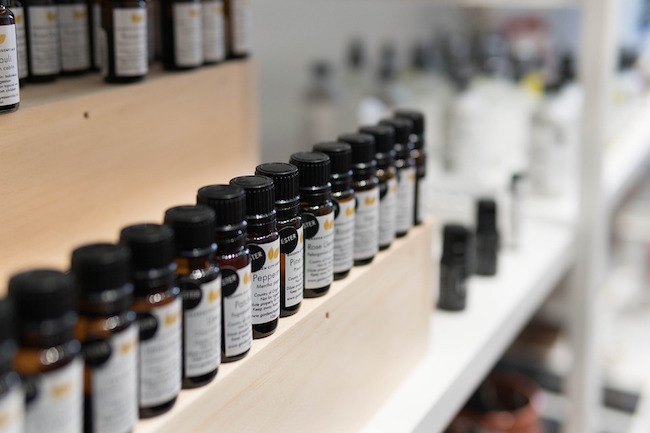CBD Has Unique Ability to Cross Blood-Brain Barrier by Dr. Joseph Mercola for Mercola
The cannabis plant has over 400 chemicals and at least 60 different cannabinoids1 — chemical compounds the human body is uniquely equipped to respond to. Of the two primary chemicals, cannabidiol (CBD) and tetrahydrocannabinol (THC), only THC has psychoactive properties.
THC is the compound in cannabis triggering a “high,” whereas CBD has no psychoactive effects. Both compounds, and other phytochemicals found in medical marijuana plants, have a long list of beneficial effects on health.
Medical marijuana is a term used for the use of the whole, unprocessed plant or its chemicals to treat a medical condition.2,3 With the exception of four cannabis-containing or cannabis-related products for specific conditions with a prescription, the U.S. Food and Drug Administration has not approved any “marketing application for cannabis for the treatment of any disease or condition.”4 On the other hand, some states have gone ahead and approved it themselves for certain medical conditions.5
The number of states that have decriminalized, legalized or allowed medical marijuana sales continues to grow. In some states, cannabis is fully legal or illegal, but in others the laws are mixed, allowing medicinal use but not recreational.6
According to the National Institute on Drug Abuse,7 notable scientific study results led to the creation of two FDA-approved medications containing cannabinoid chemicals in pill form, but not the use of the whole plant. Recently scientists proved CBD can carry other chemicals across the blood brain barrier, opening up its medicinal potential even further.
The Blood-Brain Barrier Is Designed to Protect Your Brain
More than 100 years ago, scientists discovered not everything injected into the bloodstream would reach the brain or spinal cord.8 Through research, scientists discovered the blood-brain barrier is semi permeable; in other words, it allows some materials to cross into your neurological system, but prevents others.
The importance of the blood-brain barrier to the health of your neurological system cannot be overstated. One portion of the system is formed by endothelial cells lining the microvasculature, which feeds your brain. This protects it from circulating agents and substances capable of disturbing your neurological functioning.9
The endothelial tissue in other capillaries in your body have small spaces allowing substances to move between the inside and outside of the vessel. In the brain, these cells fit together so tightly that many substances cannot leave the bloodstream and enter the brain.10
Additionally, glial cells — astrocytes — form another layer around the blood vessels and are involved in a two-way communication affecting physiology and pathology.11 This barrier mechanism is vital for normal functioning and providing a stable internal environment. One compound known to normally pass the blood-brain barrier is CBD.
Pharmaceutical Industry Finds Way to Use CBD as a Trojan Horse
In Greek mythology, the Trojan War was fought between the Greeks and the city of Troy.12 To gain access, the Greeks used a massive wooden horse constructed to hide a select force of men. It was presented as a gift, thereby allowing the Greek warriors to enter and destroy the city. Researchers believe CBD can act as a Trojan horse, helping move restricted chemicals across the blood-brain barrier.13
Researchers were interested in using CBD as a means to an end. They attached CBD, resembling endocannabinoids made by both mice and humans, to the outside of nanocapsules loaded with fluorescent molecules.
The fluorescence enabled the researchers to track the particles with the hope the experiment would mimic what occurs in the blood-brain barrier of humans. They demonstrated the CBD nanocarriers could transport fluorescent molecules across the blood-brain barrier in mice.14
When added in vitro to human cells mimicking the blood-brain barrier, the nanocarriers with CBD were more successful in passing through the cells than those without the CBD. Researchers also found when CBD nanocapsules were injected into healthy mice, 2.5 times more of them entered the animals’ brains than nanocarriers of equal size lacking the CBD coating.
Cannabidiol — Nonpsychoactive Component Has Anti-Anxiety Effects
The ability of CBD to naturally move across the blood-brain barrier indicates there are endocannabinoid receptors in the brain, which your neurological system uses to maintain optimal health. One of the benefits of CBD on your neurological system is reducing anxiety.




